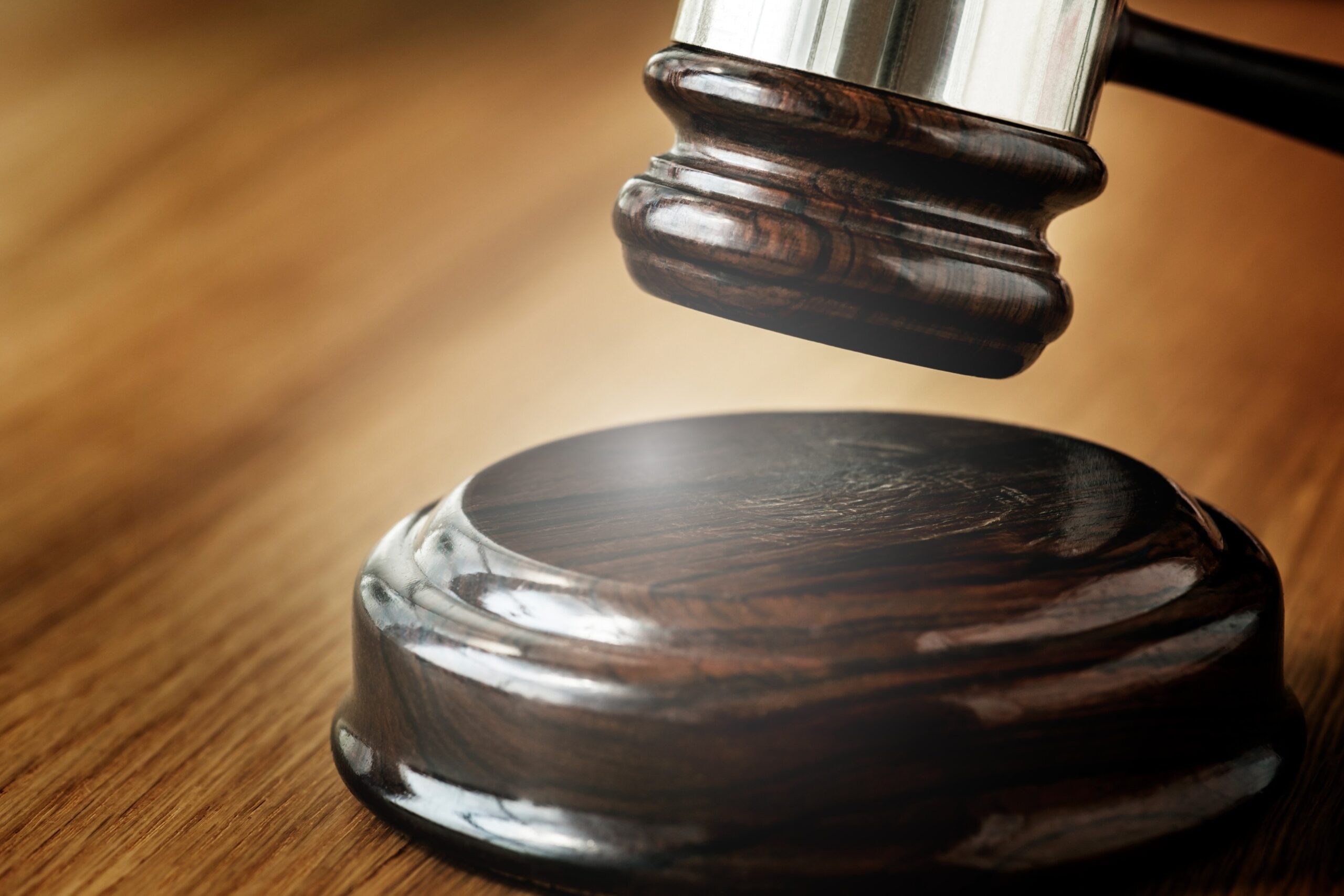Jury Nullification: When Jurors Don’t Follow the Law
Imagine you’re sitting as a juror in the case of Jean Valjean. The prosecution has charged him with stealing bread. After hearing from the shop owner who saw him steal the bread, you then hear from Jean himself. With no money, Jean testifies he had no choice but to steal to feed his starving sister and her family.
During deliberations, it’s clear to you and the other jurors that Jean stole the bread. But is it justice to convict a poor, starving man who is just trying to feed his family? Rather than convict Jean Valjean who has indeed done the crime, if the jury acquits this is called jury nullification.
Jury Nullification Basics
In plain terms, if the jury believes that a defendant has actually committed the charged offense but decides not to convict, that is jury nullification. If a defendant is found not guilty, this cannot be overturned because jeopardy has attached – a defendant cannot be charged again for the same crime. Moreover, jurors cannot be punished for their verdict.
Another milder form of nullification occurs if a jury cannot unanimously agree on a verdict – a hung jury. When a jury hangs, the prosecution can choose whether to re-try the defendant or not.
In general, there are two reasons why a jury would choose nullification: the jurors believe the law is unjust or unfair, or the jurors believe the defendant should not be held responsible. For instance, a juror deliberating a drug possession case may not agree with laws that punish individuals for personal use of drugs. If a juror disagrees with the law making possession illegal, that jury may engage in nullification even if it is clear the defendant possessed the drug.
Another example where a jury may decide to nullify the verdict may be in a case where the defendant acted in a way that is illegal but is perhaps morally defensible. This could include a domestic violence survivor who killed their abuser, or a parent who killed the person who abused their child.
Why Jury Nullification is Controversial
Because it is not a legally sanctioned function of the jury – meaning, the jury will not receive instructions on nullification – it is technically a discretionary act. Moreover, it’s considered to be inconsistent with the jury’s duty to follow the judge’s instructions to return a verdict based on the law and the evidence presented. Further, attorneys are not permitted to present the concept of jury nullification to the jury.
In 2015, two individuals were charged with criminal jury tampering in Colorado for handing out pamphlets outside a Denver courthouse. The pamphlets provided information about jury nullification. However, charges were later dismissed as it was determined the individuals were merely providing information to any juror and were not targeting jurors for any particular case.
Famous Examples of Jury Nullification
In 1971, twenty-eight individuals broke into a draft board office in Camden, New Jersey. The intent was to destroy or remove records for certain draft registrants for the Vietnam War. However, an informant tipped off the FBI who essentially caught the individuals red-handed. At trial, the jury returned not guilty verdicts against all twenty-eight individuals, despite the overwhelming evidence.
In the early to mid-1990s, Dr. Jack Kevorkian helped multiple people die by suicide. The individuals who died took drugs that were provided by Kevorkian. Juries acquitted Kevorkian three times and hung a fourth time. However, Kevorkian was convicted in 1999 of second-degree murder when he actually administered a lethal injection to an individual who wished to terminate his life.
References:
- Legal Information Institute, Wex, “Jury nullification,” Cornell Law School (Oct. 2022). Available at: https://www.law.cornell.edu/wex/jury_nullification (last accessed June 4, 2024).
- Jessica Burgoyne & Jeffrey Johnson, “Understanding Jury Nullification: Definition, Examples, And Implications,” Forbes Advisor (Oct. 19, 2023). Available at: https://www.forbes.com/advisor/legal/criminal-defense/jury-nullification/ (last accessed June 4, 2024).
Image: Image by rawpixel.com

